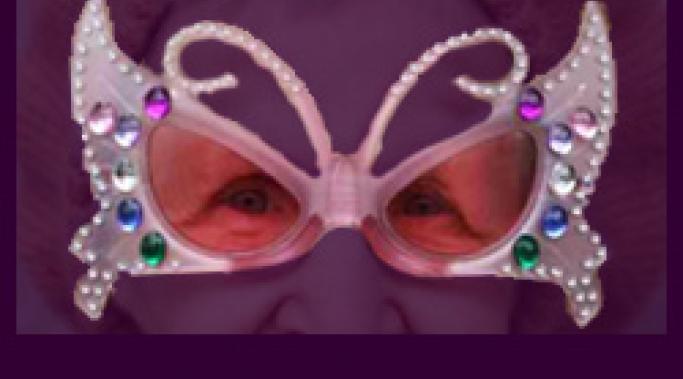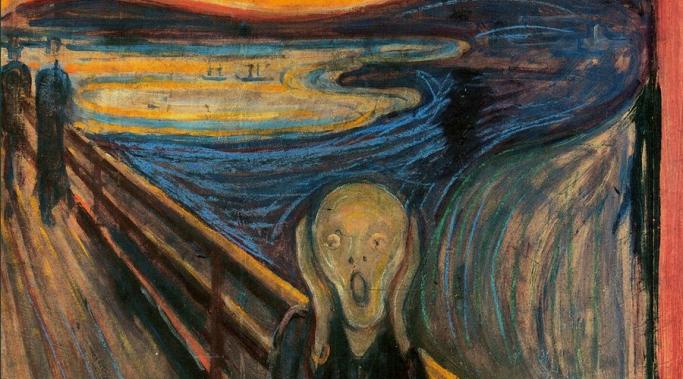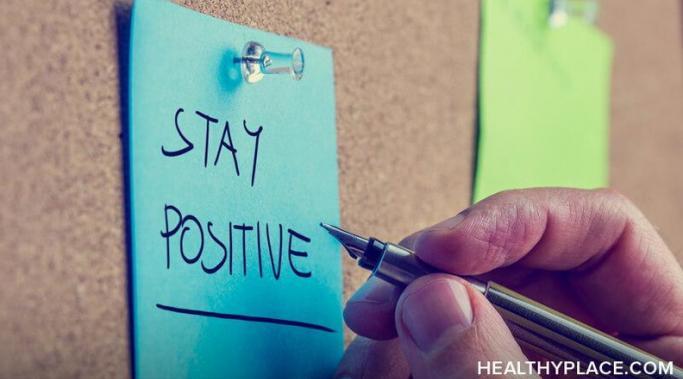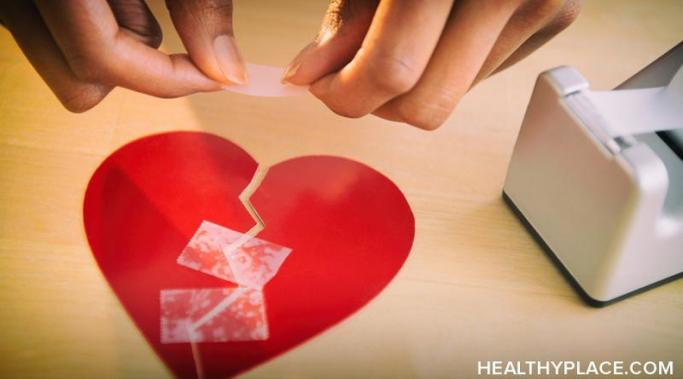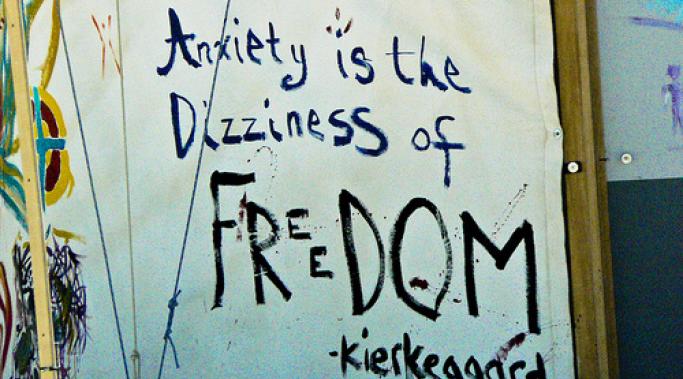Blogs
Lots of folks have memory issues, but none with as much daily flare as adults with ADHD. If we're not getting on the wrong bus or heading east from Cape Cod to get to California, we're confusing meeting times AND places several times in a row. It's almost like we're wired to get fired.
Our degree of recovery comes and goes. Part of staying in recovery from borderline personality disorder (BPD) is learning how to manage symptom-provoking sudden stress. I had a crash course in doing so this past week due to a bank error that showed I had a balance of negative $10 million.
Being a mental health patient requires patience. Eternal, frustrating patience. When you have a mental illness a few weeks feels like a few years. A decade. A mental health patient's degree of patience is the difference between suffering and relief. Living in patience peacefully is the key to mental health recovery.
According to commonly quoted statistics, 90 percent of bipolar marriages end in divorce. When one factors in the difficulties of living with somebody who cycles through depressive and manic episodes, including manic episodes in some bipolars of binge spending, or worse, hypersexuality which results in infidelity, it is not difficult to see why the odds are stacked up against a long lasting bipolar marriage.
Feelings Swamp is a children's program hosted by Gator Al. In this week's episode Gator Al welcomes special guest alligator Gladys, and the two of them discuss how the use of "weasel words" often makes it difficult to process emotions in a healthy way.
Sunday marked the beginning of the Mental Illness Awareness Week in the US and Canada. These weeks happen around the world at different times of the year. In the US, this week was set aside by Congress to bring together organizations fighting for the awareness of mental illness. In Canada, Mental Illness Awareness Week was established by the Canadian Psychiatric Association.
And while large organizations run these national campaigns, there are things that every one of us, as individuals, can do to help.
Brenda M. Bomgardner (@BrendaBomgardnr) tweeted "There is a way to the other side. It is living a life based on your own unique values." She is talking about the life you'll create during and after healing from abuses of all kinds.
The trouble lies in defining what values you, the abuse sufferer, want to define as yours after digging yourself out from under the pseudo-values your abuser demanded you to incorporate into your Self.
I could just say yes but that would make this very short. If this seems a bit 101 it may be but I was asked and I thought it worth the post.
You can have an anxiety attack without having a panic attack.
Panic attacks are well-defined things. It isn't a notional concept. The terms anxiety attack and panic attack are not synonymous. For all that they’re commonly conflated (I'm guilty), they are distinct; In nature, process, treatment, and consequence.
For some reason, I knew drinking a glass of wine at 9:30 in the morning was not a good way to start off the week.
I have been struggling, and that includes continuously arguing with that Nazi Brunhilde voice in my head that keeps telling me I am fat and don't deserve to eat.
It has been a bad week.
I'm weary. I’ve been living on the wrong side of my stress threshold for a while now. Part of the problem is that my stress threshold is maddeningly low. But part of the problem is that major things keep happening in my personal life lately; things that create enormous stress even for the most mentally healthy among us. As a result, my Dissociative Identity Disorder symptoms have amplified steadily over the last eighteen months. In the words of my fellow blogger Natasha Tracy, “When life gets nasty disease gets nasty too.” She’s right, of course. But I kept thinking, ‘hey, life is really turbulent sometimes and you just have to rise to the occasion.’ I failed to recognize, though, that doing so usually involves letting go of other, less urgent occasions.
